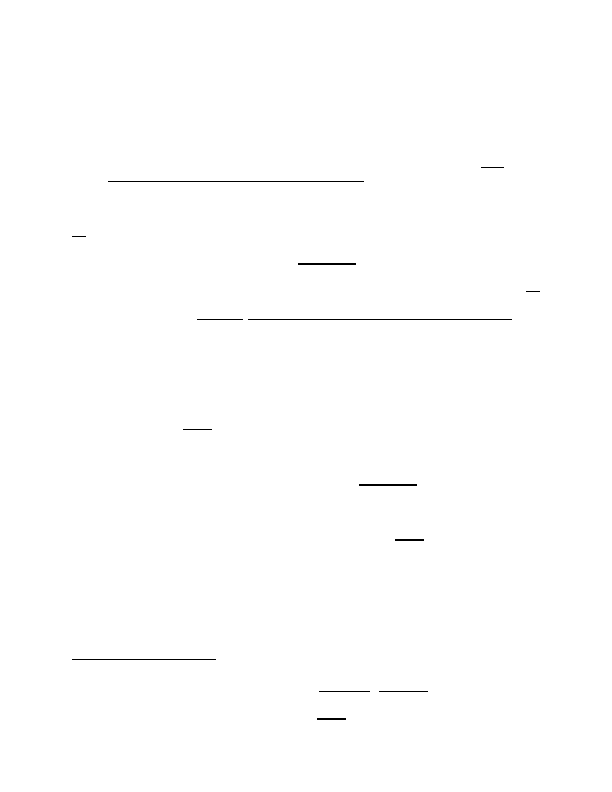
unpatentable because mathematical relationships are akin to a law of nature, the Court
nevertheless held that the claimed process was patent-eligible subject matter, stating:
[The inventors] do not seek to patent a mathematical formula. Instead,
they seek patent protection for a process of curing synthetic rubber. Their
process admittedly employs a well-known mathematical equation, but they
do not seek to pre-empt the use of that equation. Rather, they seek only to
foreclose from others the use of that equation in conjunction with all of the
other steps in their claimed process.
Id. at 187 (emphasis added).
The Court declared that while a claim drawn to a
fundamental principle is unpatentable, "an application of a law of nature or mathematical
formula to a known structure or process may well be deserving of patent protection." Id.
(emphasis in original); see also Mackay Radio & Tel. Co. v. Radio Corp. of Am., 306
U.S. 86, 94 (1939) ("While a scientific truth, or the mathematical expression of it, is not a
patentable invention, a novel and useful structure created with the aid of knowledge of
scientific truth may be.").
The Court in Diehr thus drew a distinction between those claims that "seek to
pre-empt the use of" a fundamental principle, on the one hand, and claims that seek
only to foreclose others from using a particular "application" of that fundamental
principle, on the other. 450 U.S. at 187. Patents, by definition, grant the power to
exclude others from practicing that which the patent claims. Diehr can be understood to
suggest that whether a claim is drawn only to a fundamental principle is essentially an
inquiry into the scope of that exclusion; i.e., whether the effect of allowing the claim
6
Mathematical algorithms have, in other cases, been identified instead as
abstract ideas rather than laws of nature. See, e.g., State St., 149 F.3d at 1373.
Whether either or both views are correct is immaterial since both laws of nature and
abstract ideas are unpatentable under § 101. Diehr, 450 U.S. at 185.
2007-1130 8
